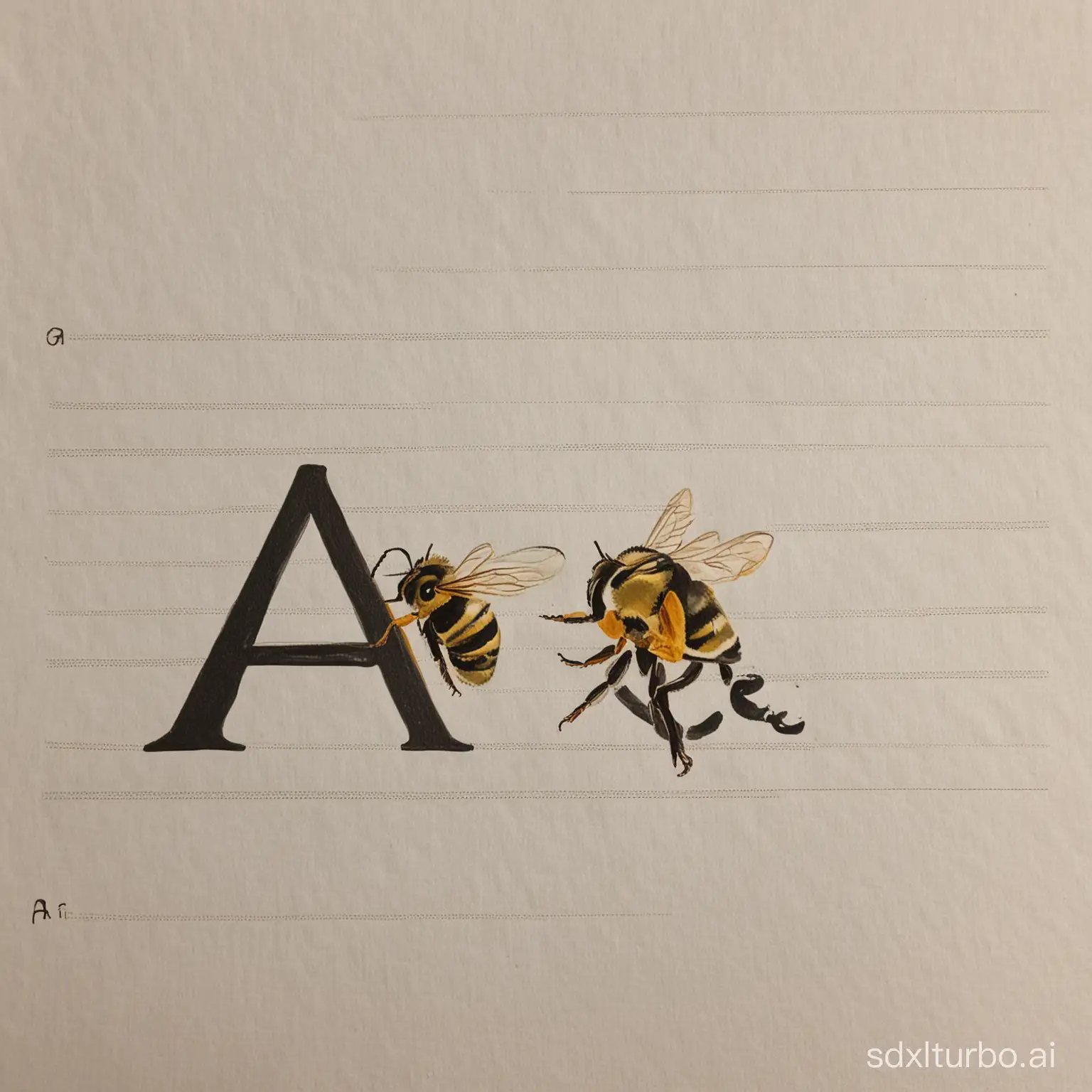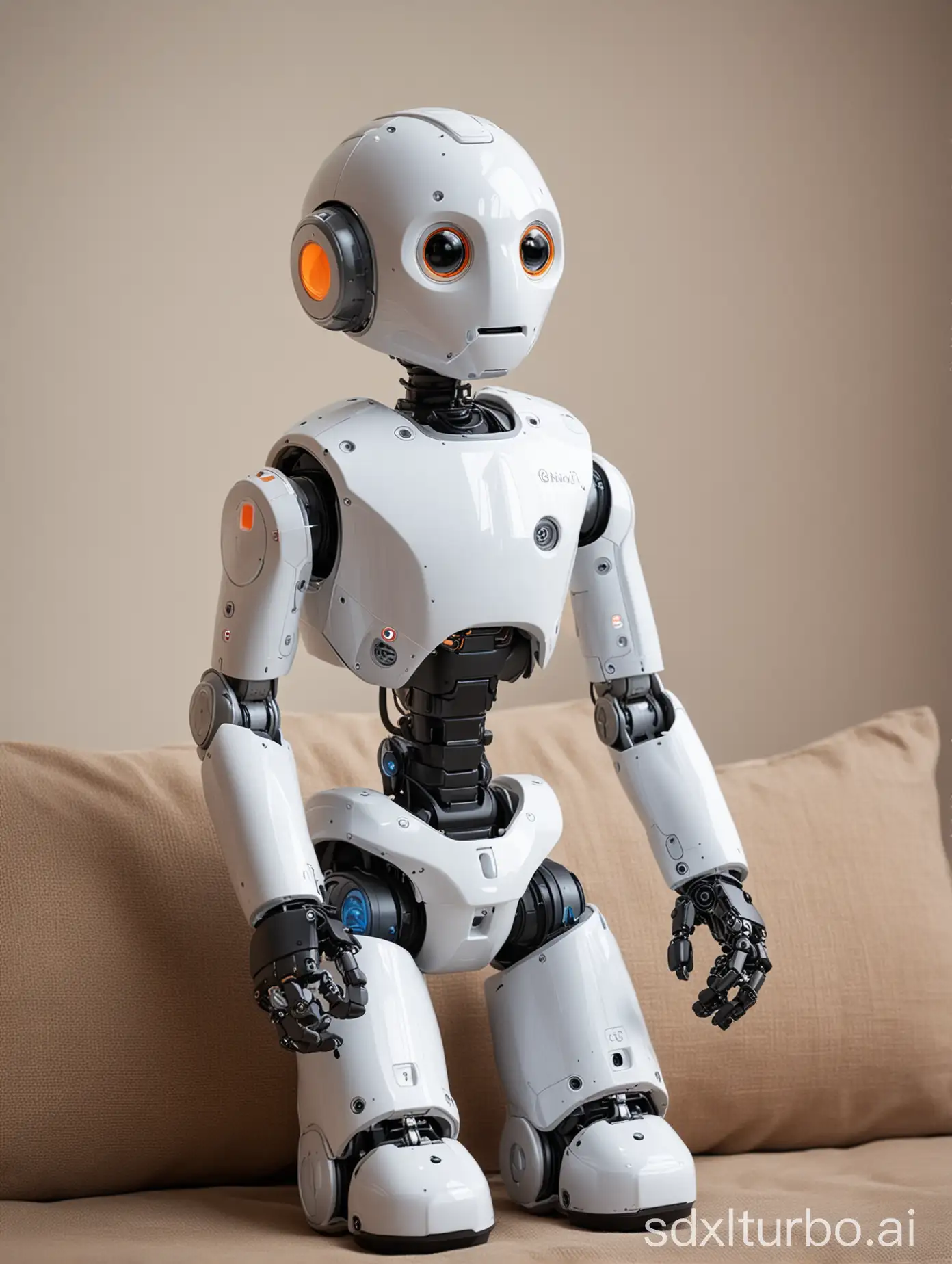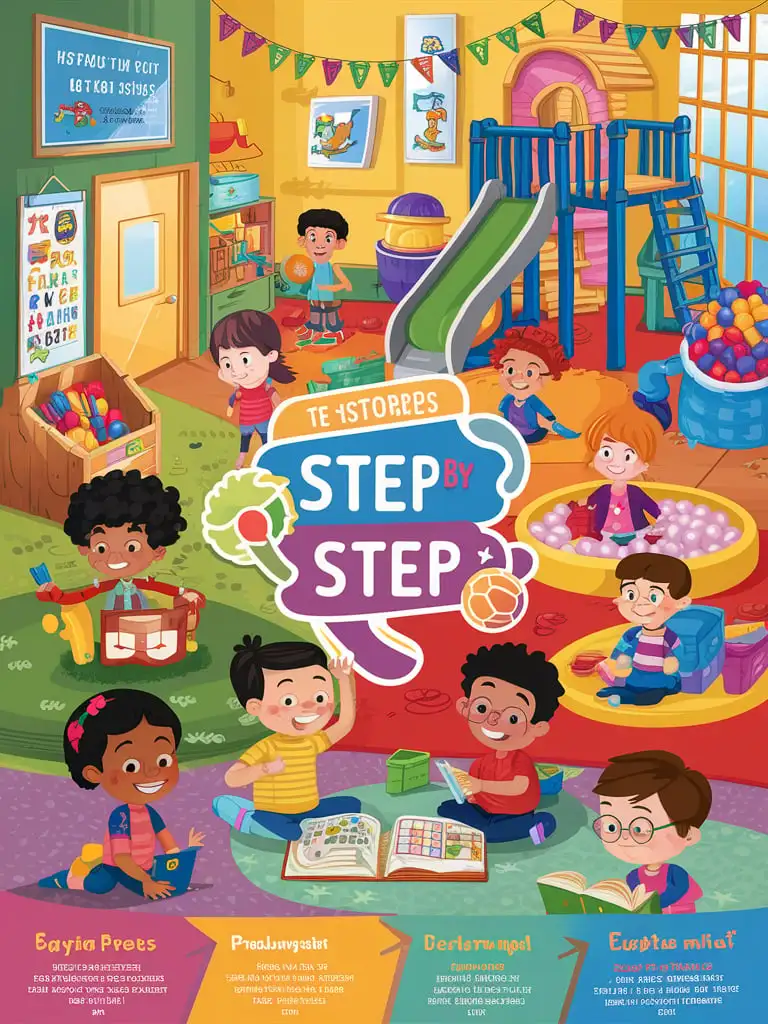Free early childhood education Image Generator
Just imagine, and we'll instantly return a variety of personalized early childhood education images—designed to bring your creativity to life! Generated by
- 4:3
- 3:4
- 1:1

image.state.default



Early childhood education refers to the period of learning that takes place from birth to eight years old. This phase is critical for cognitive, social, emotional, and physical development. During these formative years, children engage in a variety of educational activities designed to foster a love of learning and build foundational skills. Early childhood education encompasses preschool, kindergarten, and early elementary grades, emphasizing play-based and structured learning approaches.
Understanding Early Childhood Education
Early childhood education is characterized by a focus on holistic development, including cognitive, social, and emotional growth. Activities are often play-based, encouraging children to explore, discover, and learn at their own pace. Research has shown that quality early childhood education leads to better academic performance, improved social skills, and increased self-confidence. It also lays the groundwork for lifelong learning and success.
Key Characteristics and Benefits of Early Childhood Education
When creating content for early childhood education, it's important to consider age-appropriateness, engagement, and educational value. Content should be visually appealing, interactive, and tailored to the developmental stages of young children. Using bright colors, simple language, and familiar themes can capture children's attention and make learning enjoyable. Additionally, incorporating activities that promote critical thinking, creativity, and problem-solving skills can enhance the educational experience.
Creating Effective Early Childhood Education Content
The future of early childhood education is likely to be shaped by technological advancements and a greater emphasis on personalized learning. Digital tools and educational apps are becoming increasingly popular, offering interactive and adaptive learning experiences. There is also a growing recognition of the importance of social-emotional learning, with programs designed to help children develop empathy, self-regulation, and resilience. As the field continues to evolve, we can expect to see more innovative approaches that blend traditional teaching methods with modern technology.
Future Trends in Early Childhood Education